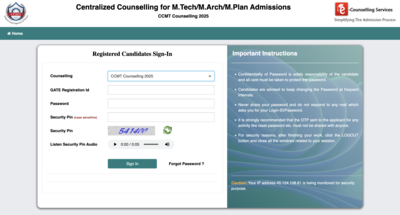
The power of positive thinking is more than just a motivational phrase—it’s a mindset that can transform your life. Numerous studies and personal accounts suggest that maintaining a positive mindset not only helps with mental well-being but also brings success in various aspects of life, such as career, relationships, and health. By shifting your mindset to focus on the positive, you can overcome challenges, improve your emotional state, and lead a more fulfilling life. Here’s how to harness the power of positive thinking effectively.
1. Understand the Impact of Positive Thinking
Positive thinking doesn’t mean ignoring life’s difficulties. Instead, it means approaching challenges with a more optimistic attitude. Research has shown that those who consistently practice positive thinking experience:
- Improved Mental Health: Positive thinkers are less likely to suffer from depression and anxiety. They are better at managing stress and facing life’s obstacles.
- Increased Resilience: Optimistic people bounce back from setbacks more quickly because they view failures as temporary and see opportunities in adversity.
- Health Benefits: According to the Mayo Clinic, positive thinking has been linked to increased life spans, reduced rates of cardiovascular disease, and lower stress levels. How to Shift Your Mindset
Shifting your mindset from negative to positive requires effort and practice, but it’s entirely achievable. Here are a few strategies to get started:
- Practice Gratitude: Make it a habit to write down three things you are grateful for every day. Focusing on the good, no matter how small, can shift your mindset over time.
- Reframe Negative Thoughts: When you catch yourself thinking negatively, pause and ask yourself how you can view the situation differently. For example, instead of thinking, “This is too hard,” try, “This is a challenge, but I’ll grow from it.”
- Surround Yourself with Positivity: Engage with people who uplift you and avoid toxic environments. Positive energy is contagious, and being around optimistic people can greatly influence your mindset.
- Visualize Success: Spend a few minutes every day visualizing your goals. This doesn’t just boost motivation; it can rewire your brain to focus on positive outcomes.
3. Overcoming Negative Self-Talk
We are often our own worst critics. Negative self-talk can significantly impact your self-esteem and overall outlook on life. To overcome this, start identifying negative thought patterns, such as “I’m not good enough” or “I always fail.” Challenge these beliefs by replacing them with affirmations like “I’m doing my best” or “Every setback is a learning experience.”
Studies show that those who engage in positive self-talk have better mental resilience and can handle stress more effectively.
Positive thinking is not a one-time effort; it requires daily practice. Incorporate positivity into your daily routines—whether through meditation, positive affirmations, or mindfulness exercises. Over time, you’ll notice a gradual shift in how you perceive challenges and approach opportunities.
5. The Science Behind Positive Thinking
Positive thinking has its roots in psychology, particularly in cognitive behavioral therapy (CBT), which focuses on changing negative thought patterns. Cognitive restructuring is a powerful tool used in CBT to help individuals shift their thinking and achieve better mental health outcomes. Numerous studies confirm that positive thinking leads to improved problem-solving, better decision-making, and a more productive life.













Be the first to leave a comment